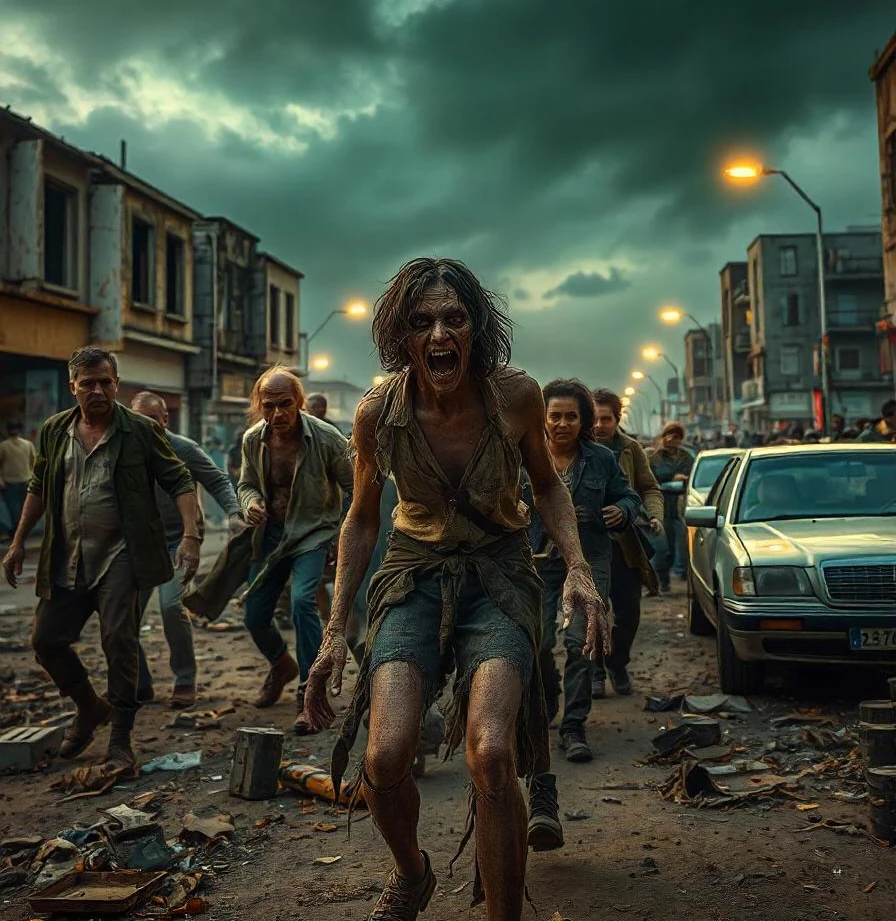
Zombies, zombies everywhere. At least, in movies and TV series. The last decade has seen a proliferation of Zombie productions: the Resident Evil franchise, the Walking Dead series and all its spin-offs and copycats, even comedies like the “Scouts Guide...”, and Zombieland.
Zombies have been so popular it led one group of student scientists to ask the question, “What if Zombies were real.” Using mathematical formulas, and considering that one zombie could bite at least one person a day, the group discovered that Zombies could wipe out the human race in just 100 days.
However, their professor was not impressed. He told them they hadn’t considered enough factors, such as how many zombies could be killed in one day, how much distance would people intentionally keep from the Zombie population, and how many babies could be born. Reconsidering these factors, the students discovered that, though the population numbers would get dangerously low, the human race would survive.
But where did all these “walking dead,” the undead, and zombie ideas come from? Many attribute it to the religious practice of Haitian voodoo. In this practice, one could poison a living person and put them in a state that appears as death. After burial, they are taken from the grave by someone who desired to use them as their slave. So the word “zombi” originated from the voodoo language, no doubt, and was introduced into English around the early to mid 1800s. But it is unlikely that the voodoo type of zombi, to be a slave, is the sole origin of the full zombie concept—the biting and spreading of a zombie disease.
In fact the concept of dead people walking, can also be found in Chinese literature dating to the mid 1700s. There is also the literature of vampires from Europe, which is just another variation of the undead biting people.
The concept of zombie is rather more symbolic of the many pandemic diseases that have ravaged the human race throughout history. Zombies are a disease ridden people who will spread the disease upon contact. Staying away from zombies or letting them die out, are the same common themes of an international pandemic.
The Black Death of Europe is a disease that spread so easily and quickly that it killed 200 million people. There were dead bodies everywhere. People, even then, knew to keep their distance from the dead bodies. They also stayed away from people who had the disease—who were in essence “the walking dead”—alive and walking today, dead tomorrow.
This was only one of the many hundreds of pandemics that have swept through countries and the world, killing thousands and millions in just a couple of years. It is a familiar theme throughout the history of humankind. There are even pictures in century-old newspapers that represent these diseases as monstrous death-like bodies reaching out to kill the living. If you saw them, you would think they were zombie images, not news articles about diseases.
Having lived through our own recent pandemic, it is not so far-fetched to imagine that some type of a zombie-diseased apocalypse could actually happen.
